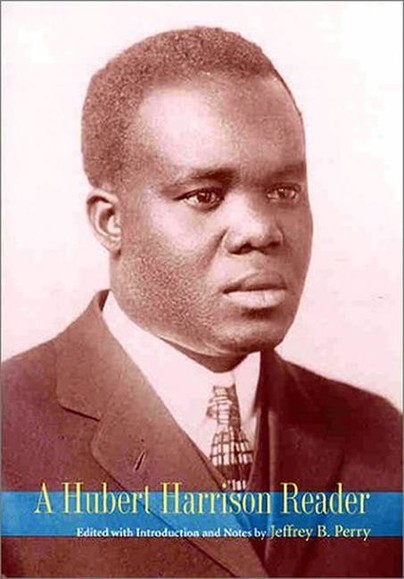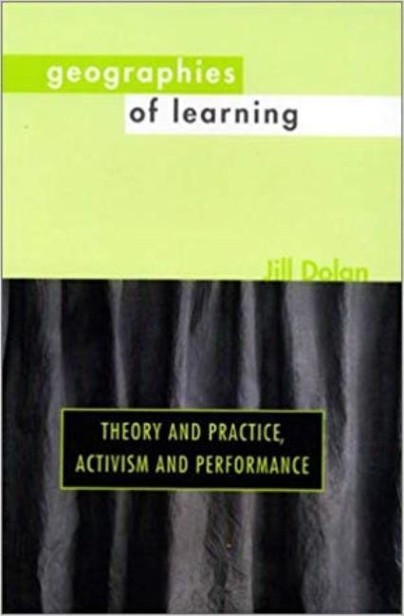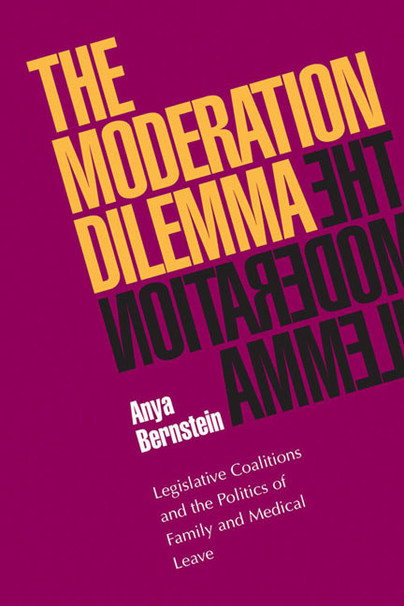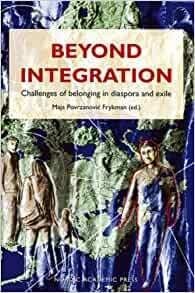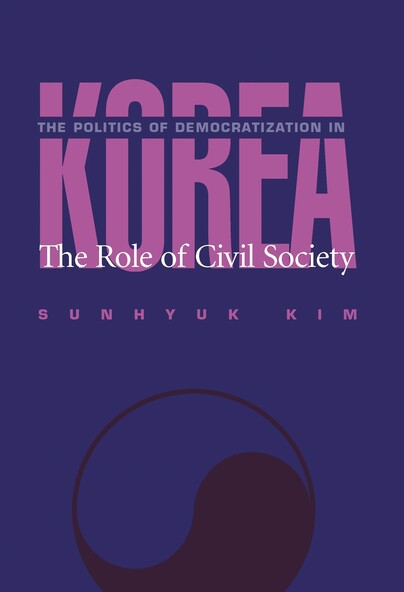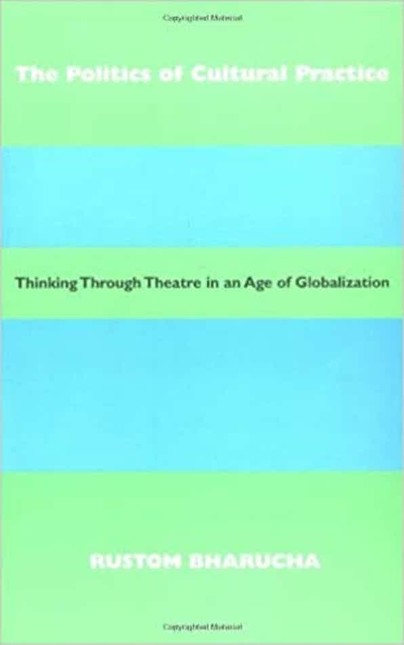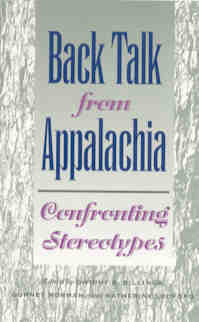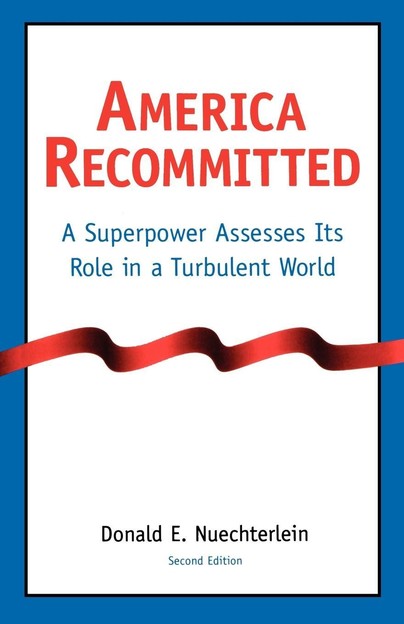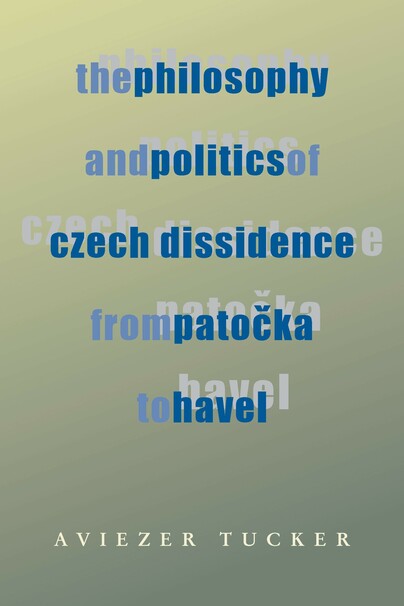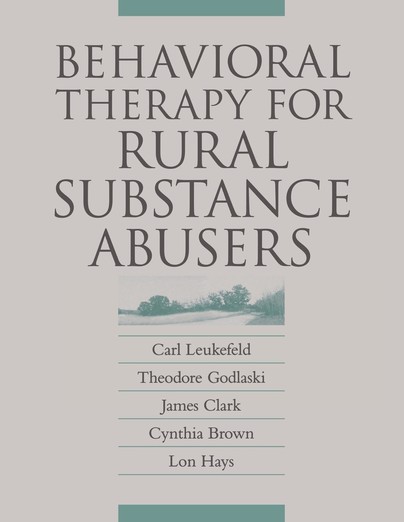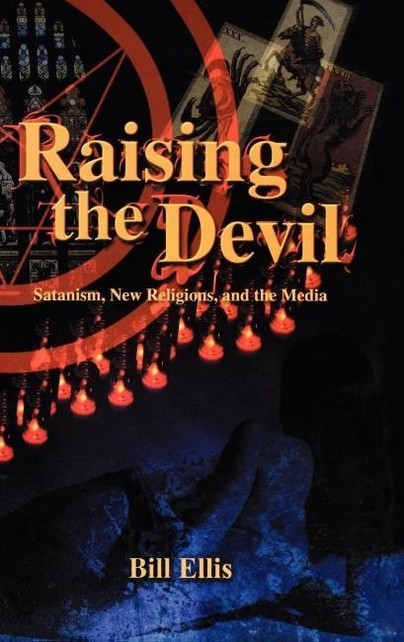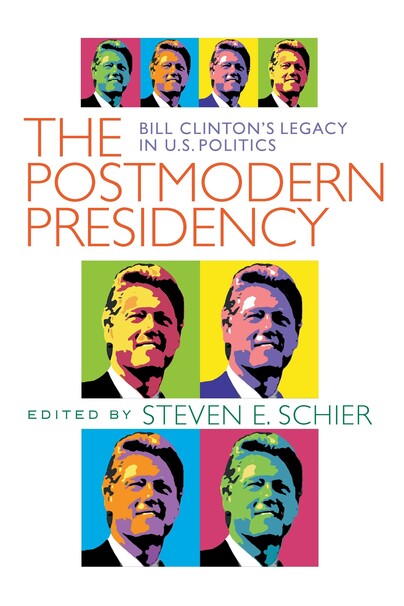Each of Jill Dolan's three academic locations -- theatre and performance studies, lesbian/gay/queer studies (LGQ studies), and women's studies -- is both interdisciplinary and fraught with divisions between theory and practice. As teacher, administrator, author, and performer, Dolan places her professional labor in relation to issues of community, pedagogy, public culture, administration, university missions, and citizenship. She works from the assumption that the production and dissemination of knowledge can be forms of activism, extending conversations on radical politics in the academy by other writers, such as Cary Nelson, Michael Berube, Gerald Graff, and Richard Ohmann.
The five interconnected essays in Geographies of Learning map the divisions and dissensions that stall the production of progressive knowledge in theatre and performance studies, LGQ studies, and women's studies, while at the same time exploring some of the theoretical and pedagogical tools these fields have to offer one another.



